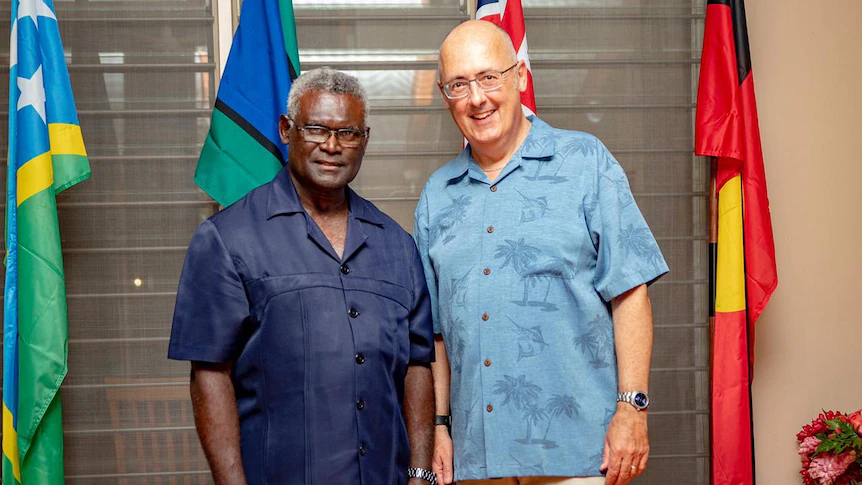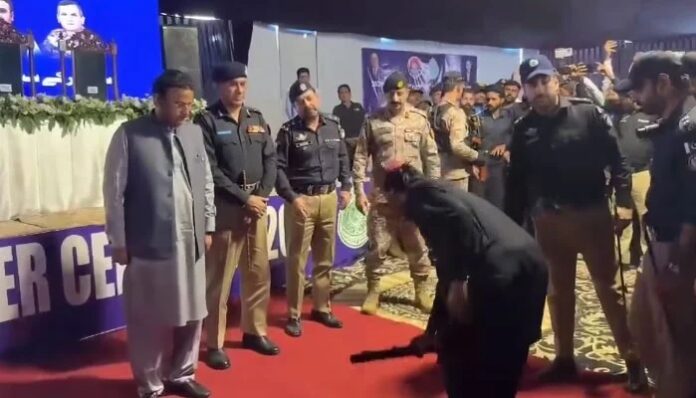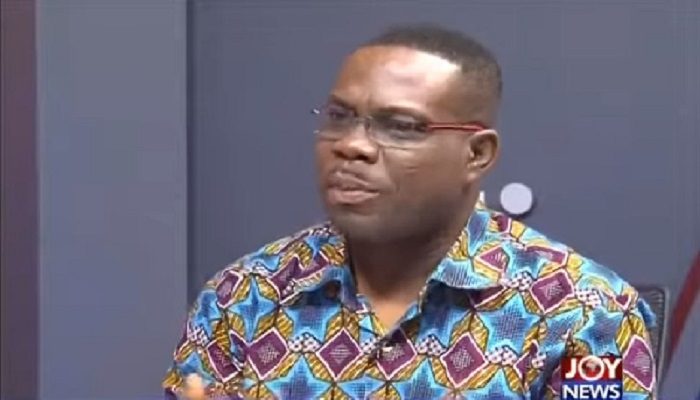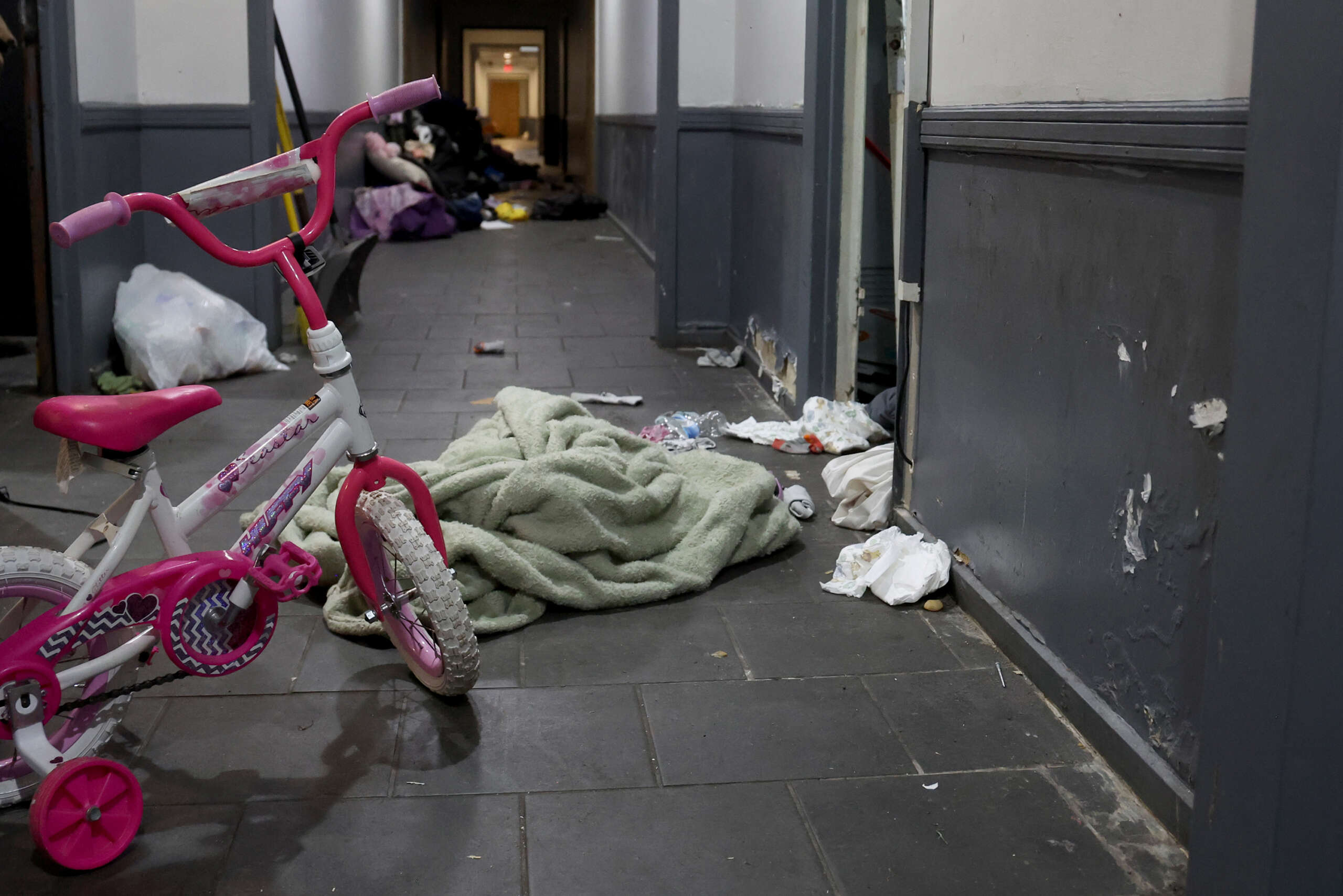Copyright ghanamma

Limited access to screening services and lingering beliefs that breast cancer is caused by witchcraft are delaying early detection and treatment among women in Paakro, a rural community in the Eastern Region. This concern came to light during a community health and mentorship outreach organised by the Muslimah Mentorship Network on Saturday, October 24, 2025. The event brought together women from the Fante Town, Abaase, and Adjinase Piem electoral areas for free breast screening and education sessions. The initiative, part of activities marking Breast Cancer Awareness Month, combined medical outreach for women with mentorship sessions for teenage girls focused on education, reproductive health, and personal growth. Founder of the Muslimah Mentorship Network, Bilkis Nuhu Kokroko, said the programme was designed to support women and girls in underserved communities who often lacked access to health services and mentorship. “Our goal is to reach communities where women rarely go for medical checks and where girls also need direction and mentorship,” she said. “We see this as a mother-daughter approach — mothers benefit from medical care and health education, while the girls learn about responsibility and the importance of staying focused on their education.” She added that the Network would continue to organise similar community programmes to promote preventive health and empower young women to make informed choices. “We want to build communities where women take charge of their health and girls take charge of their future,” she said. Leading the screening exercise, Dr. Abdul Wadud Mohammed, a medical doctor who volunteered for the outreach, said misconceptions and limited access to healthcare were major obstacles to early breast cancer detection in rural areas. “Many women delay seeking medical help because they believe breast cancer is spiritual or caused by witchcraft,” he explained. “Others prefer herbal remedies until it’s too late. These beliefs are dangerous because early detection is what saves lives.” He said the medical team educated participants on how to perform self-breast examinations and urged them to seek professional help whenever they noticed unusual changes. “We taught them to check for lumps, nipple discharge, or changes in the breast skin,” he said. “We also encouraged regular hospital visits for screening and advised families to support women to do so.” Samira Mastura Sulleman, a senior public health nurse from Manna Mission Hospital who conducted most of the breast examinations, revealed that six women were referred for further tests after suspicious signs were detected. “Some of the women had lumps or nipple discharges that required further checks,” she said. “They were referred for mammograms and biopsies to rule out cancer.” She expressed concern that many women still preferred herbal treatments or spiritual explanations for breast conditions instead of seeking medical care. “We heard several say they would rather try herbs first,” she said. “That mindset is dangerous. When women delay hospital visits, the disease often advances before they get medical help.” The Assembly Member for Fante Town Electoral Area, Abdul Lateef Saeed, commended the Muslimah Mentorship Network for bringing health professionals to the community, describing the event as the first major breast cancer screening exercise in the area. “Women from Fante Town, Abaase, and Adjinase Piem all gathered here for this exercise,” he said. “It has helped dispel some of the long-held myths that breast cancer is spiritual. Now people know it’s a medical issue.” He called for stronger collaboration between health authorities and community leaders to sustain public education and screening efforts. “We need more of these initiatives to reach people who rarely visit hospitals,” he said. “It’s the only way to change attitudes and save lives.” As part of the day’s activities, mentors from the Network also held interactive sessions with teenage girls on issues affecting their wellbeing, including teenage pregnancy, menstrual hygiene, peer pressure, drug use, and early relationships. The girls were encouraged to prioritise their education, make responsible choices, and seek guidance from mentors and trusted adults when facing challenges.



